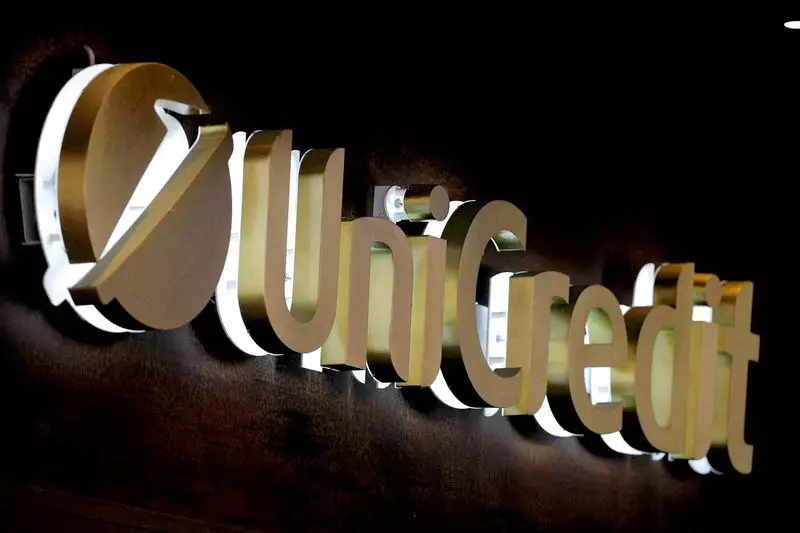UniCredit, one of Europe’s leading banking groups, finds itself entangled in a complex legal battle with the European Central Bank (ECB) as it grapples with the implications of its Russian operations. The delay in the court’s decision on the ECB’s directives has placed significant pressure on the bank, raising concerns over its commitment to comply with European regulations while managing its interests in Russia amidst ongoing geopolitical tensions.
In late April, the ECB mandated UniCredit to significantly reduce its operations in Russia, which includes restrictions on new deposits, loan issuance, and certain payment procedures. Despite filing an objection in June that questioned the legality of the ECB’s demands—citing potential conflicts with Russian law—UniCredit faces a waiting game, with the court’s ruling still pending after nearly four months. This protracted delay has fueled anxieties about the bank’s ability to adhere to deadlines set by the ECB. Observers note that the bank’s commitment to its 2025 goals for downsizing its Russian business is underscored by the mounting pressure to exhibit compliance in real-time.
As the bank awaits the judicial outcome, no clear timeline has been provided from the ECB or the European courts. The ambiguity surrounding the situation leaves potential investors wary and raises questions about the sustainability of UniCredit’s operations in Russia. The senior management, including CEO Andrea Orcel, has publicly reiterated the commitment to diminishing its presence in the volatile market, but skepticism prevails regarding how this will be achieved when strategic limitations are enforced.
The proceedings reveal that UniCredit is contesting not only the overall mandate from the ECB but also specific components such as loan restrictions and payments with certain Russian clients. In a move that many believe is necessary to protect its operations and reputation, UniCredit is pushing for annulments of the demands or, at the very least, exemptions concerning existing loans and payment practices. However, it remains unclear how effectively the bank has navigated these restrictions, particularly related to the ECB’s conditions for “whitelisted” clients, the definitions of which have not been clarified publicly.
Moreover, as the legal struggle continues, UniCredit has set specific financial targets to achieve by 2025, such as reducing cross-border payments below 8.5 billion euros and limiting local Russian deposits to under 2 billion euros. This clear strategy points to the bank’s intention to strategically scale down its Russian business, but it also puts the institution’s credibility at stake as non-compliance could entail serious repercussions.
This legal dissent with the ECB occurs against a broader backdrop of UniCredit’s ambitions to expand its stake in Germany’s Commerzbank. Notably, the timing is critical, as the ECB’s approval process for such acquisitions heavily factors in the reputational risks associated with ongoing regulatory disputes. The scrutiny faced by UniCredit not only ties back to the legal battles but also raises concerns about potential risks related to money laundering and terrorism financing—a sensitive issue that the ECB is keen to monitor closely.
UniCredit’s historical connections to Russia add another layer of complexity to the ongoing saga. The bank’s longstanding involvement in the Russian market, which began with the establishment of the International Moscow Bank, highlights the deeply rooted financial interests that could be jeopardized by regulatory pressures. Maintaining a major foothold in Russia has left UniCredit isolated in its decision-making, particularly as European responses to the geopolitical climate continue to evolve.
As the situation develops, the dichotomy UniCredit faces—balancing compliance with the ECB while sustaining its operations in Russia—poses significant questions regarding the bank’s long-term viability in the region. The uncertainty surrounding the court’s decision and the response time from the ECB continues to cast a shadow over UniCredit’s future strategies and its reputation in the European financial landscape. The outcome of this legal battle could serve as a precedent for how European banking institutions navigate the conflicting pressures of geopolitical risks and regulatory compliance.

